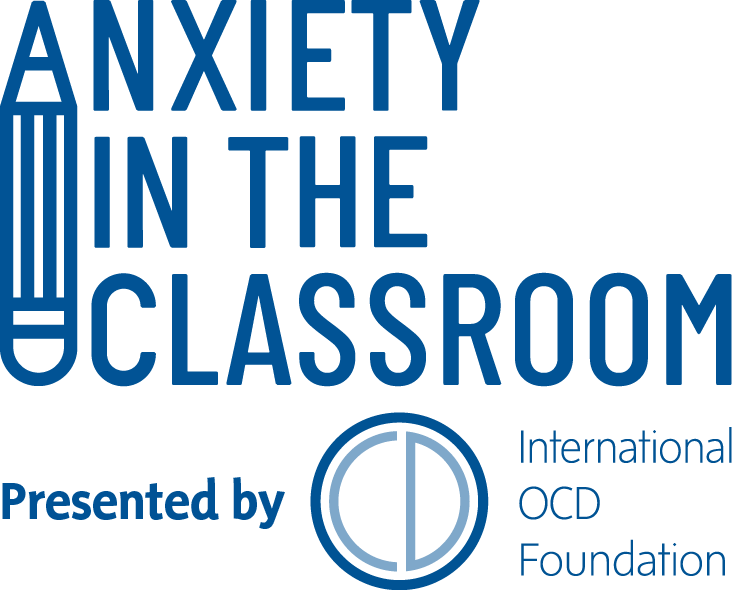Tips for Talking to your Friends about Anxiety/OCD
The decision to talk to your friends about what you are going through with your anxiety/OCD is always completely up to you. There is no "one-size-fits-all" answer. It doesn't make you a bad friend if you choose not to share every part of your life!
The National Alliance on Mental Illness (NAMI) recommends that a good time to talk to others about your mental health is "when you are well, when it serves a purpose, and/or when you’re ready." When making the decision of whether or not to disclose your OCD/anxiety to friends, there are several questions that you can reflect on:
- Do you feel like you could benefit from support and encouragement from your friends?
- Do your symptoms cause problems with you socially (e.g., avoidance of certain activities, tardiness when making plans)? Could it be beneficial to clue your friends into the truth about the real reasons for your difficulties?
- Do you genuinely think it would be helpful for you to share your anxiety/OCD? Or, are you being pressured into sharing your illness?
- Are there reasons not to share your anxiety/OCD, such as concerns that you will be labeled or discriminated against?
- Are there cultural or religious factors to consider? Is there more or less stigma of mental illness in your community?
If you are unsure whether or not to share about your anxiety/OCD with others, consider making a list of pros and cons. You can then reflect on this list to determine if the benefits of sharing outweigh the potential risks of doing so.
If you do decide to talk to your friends about your anxiety/OCD, below are some tips to help you with that conversation.
To share or not to share… on social media?
Some people have made the choice to share their struggles publicly on social media. There are pros and cons to this!
Pros
For some individuals, it can be therapeutic to share one's story publicly. It may also allow for the opportunity to connect with others who may have similar experiences. Further, the courage you show in sharing your struggles may serve as an inspiration to others. It may even motivate other affected individuals to seek out help.
Cons
It is also important to consider potential negative outcomes. Sharing information about your anxiety/OCD on social media removes your ability to pick and choose who learns such intimate details about you. This increases the chance of negative reactions.
Also, any information you post online will be there indefinitely. It is important to consider whether you’d want your comments/posts to follow you around forever. Although you may be motivated to share such information when you are young, you may feel differently when you are older, such as when you are applying to jobs. Be thoughtful about sharing any personal information online for these reasons.



